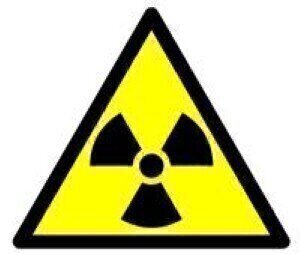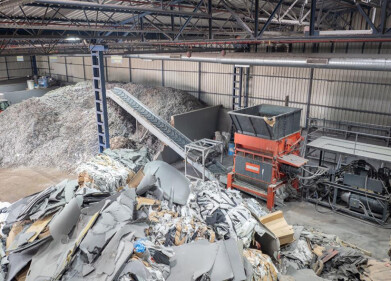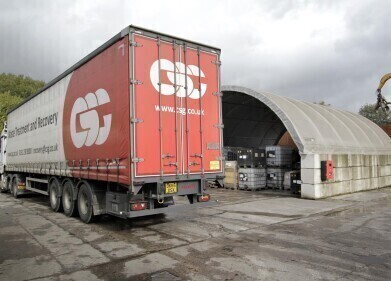Hazardous waste
British businesses urged to back new WEEE goals
Feb 25 2011
PROPOSED EU e-waste targets are achievable if businesses ‘pull their weight’, says a leading recycling industry expert.
Business owners must tighten up their practices to comply with new policies, as it is expected tougher targets will spark an e-waste crackdown by regulatory bodies. Businesses who fail to discard of e-waste responsibly will be subject to hefty fines.
Last week, The European Parliament backed new targets requiring member states to recycle and reuse 85 per cent of their e-waste by 2016.
Under existing rules Waste Electronic and Electrical Equipment (WEEE) targets are based on weight and the UK has met these with ease. Member States should collect 4 kg of electrical waste per inhabitant by 2012 or the weight of electrical waste collected in 2010, whichever is greater.
It is estimated more than one million tonnes of WEEE is discarded in the UK each year and this is growing three times faster than any other waste type.
The WEEE Directive makes electrical producers and distributors responsible for the safe disposal of WEEE and encourages the recycling and reuse of all e-waste.
Simon Walsh from ShP Limited (UK), a leading European electronic recycling company said:
“The suggested targets are challenging but achievable. If politicians, business leaders, local authorities and retailers play their part we can meet these goals. As a country, we are on the right track but so much more can be done.”
The WEEE Directive was passed in 2003 but it was enacted in the UK 2007 when the EU threatened legal action. As a country we need to be leading the way, says Walsh:
“I want to see the UK set the benchmark and exceed these targets. To do this; education is key. Some businesses aren’t even aware it’s illegal to dispose of WEEE in general waste. They need to act within the guidelines or they risk getting caught out.
“WEEE isn’t just big items like old PCs and washing machines – it also includes smaller items like electric toothbrushes and memory sticks. For instance, in the UK, we only recycle 3-4 percent of batteries. Many could be doing so much more.
“Some businesses are still getting away with illegally shipping their waste to the developing world. Hefty fines are being imposed on those who don’t use accredited treatment facilities like ShP Limited. Crackdowns are taking place, and the culprits are being named and shamed, but more of this is likely to occur if we are going to get the message across and meet new targets.”
ShP Limited specialises in multi-product recycling and reuse services, B2B WEEE compliance and retail trade-in services.
Events
Apr 08 2025 Targi Kielce, Poland
Apr 08 2025 Bahrain
Apr 10 2025 Beijing, China
Apr 10 2025 Beijing, China
Apr 15 2025 Moscow, Russia














